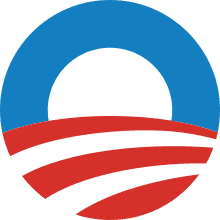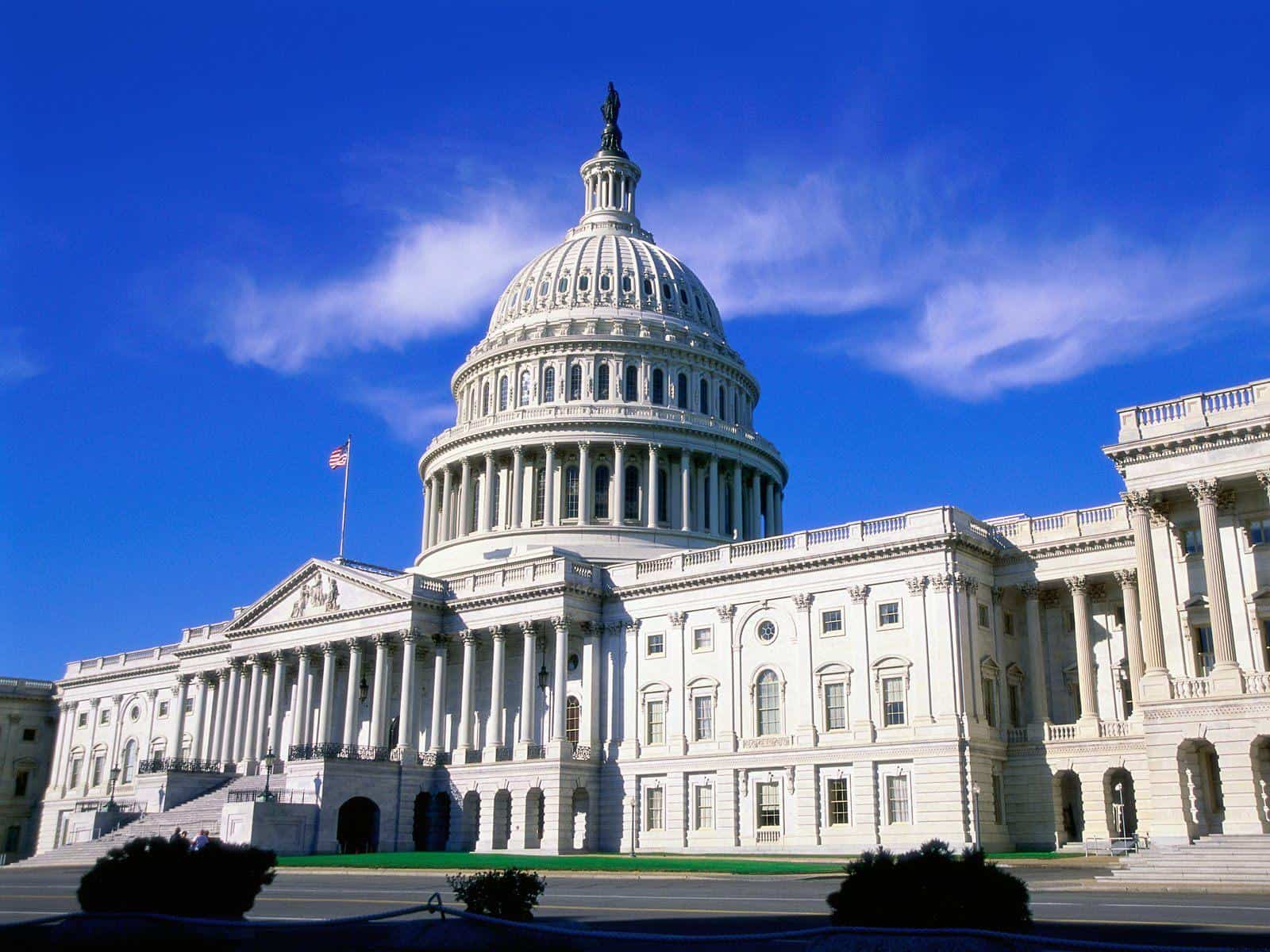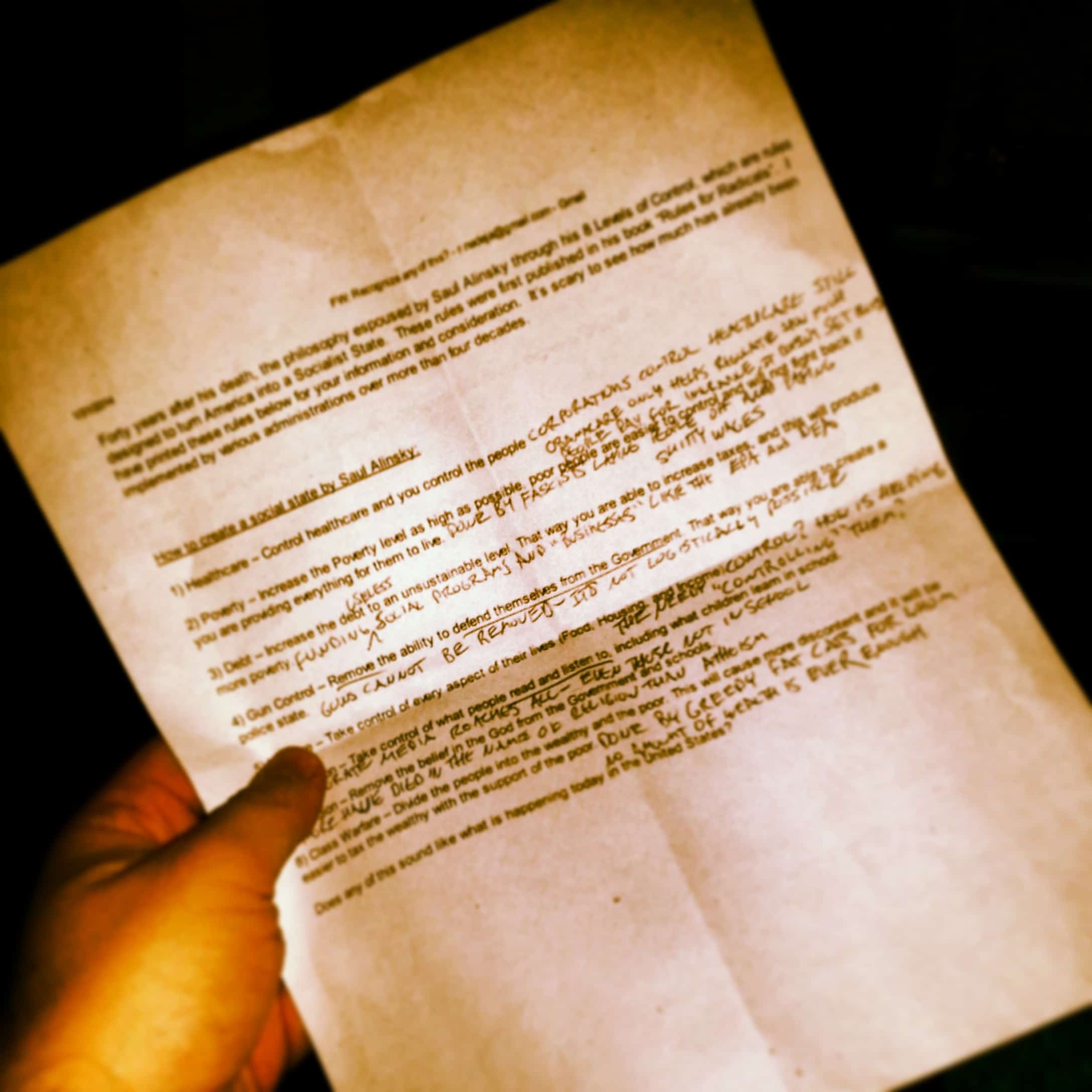Obamacare – The Ups and Downs
Anyone who watches the news or listens to any type of talk radio has heard at least some of the uproar over Obamacare since its conception. Some people say it’s a great idea, some people say it’s socialism, and some people don’t really know what to say about it. If you tend to stick to one particular side of the aisle you probably love it or hate it, but you may not even know why. It seems that most Americans fall into one of the last two categories; either you know bubkes about it or your brazen opinions of it are based solely on superficial partisanism. In fact, according to a poll done by The Wallstreet Journal and NBC News 70% of people admit to not quite understanding Obamacare. I’m sure we can all agree that healthcare costs in this country are criminal and some change was needed and still needs to be made, but what does this change really mean?
Now we could very well sit here using all kinds of buzzwords and citing charts and graphs about other nations’ healthcare systems, but who has time for that? And quite frankly, when it comes down to it, how the healthcare systems in Canada or France work mean nothing to the every-day American, unless they plan to move there. But what we all know is it has something to do with the government taking a bigger hand in people’s health insurance. The idea behind it, simply put, is that requiring everyone to purchase some kind of coverage will cause costs for certain groups of people go down, balancing out the cost spectrum. That makes sense if you think about it; younger, healthier people who don’t generally rack up medical expenses will now be paying for either a plan premium or penalty for not obtaining coverage so when people with more pre-existing conditions need medical procedures and medication the burden of paying the salaries of everyone in the hospital they visit no longer falls on them. A lot of people are calling Obamacare a socialist idea, and you know what? They’re partially right. The concept of everyone pitching in for the “common good” and helping people other than oneself is kind of socialist. But is it really a bad thing? No, really – I’m asking.
So, in terms of specifics, October 1st will begin open enrollment for people who are uninsured and looking to sign up. At this time people will actually be able to browse through insurance providers on a pubic exchange and pick the policy they want. Most Americans will be able to find a new policy under this program with monthly premiums of $100 or less. Like obtaining healthcare in the past, the more you want covered the more you pay, obviously. These costs will be based on income, government subsidies and tax credits will be available, and 26 states are also looking to expand the reach of Medicaid in correlation with the new system. At the time of signing up people who may qualify for Medicaid may sign up for it as well. The open enrollment will cut off on December 14th for those whose policies would take effect in January of next year, and by the first of the year it will be a legal requirement to have health insurance.
One of the major aspects that people oppose the most is that if you choose not to sign up for coverage you’ll be fined. After clarifying on their 2014 tax return that they haven’t obtained coverage, first year without insurance will cost a single adult whichever is higher, $95 or 1% of their annual income. People with children will also be fined $47.50 per uninsured child, up to $285 per family. The year after that the fines increase to 2% of annual income then in 2016 to 2.5%. Though paying these fines in the beginning for some single people living on their own would be less expensive than paying for coverage, a lot of analysts suggest that the vast majority of people will sign up. Jonathan Gruber, a contributor in the conceptualization of the new system and economist at MIT, actually believes that the fines should be higher. He comments:
I think the penalties should be higher, but they are still enough to make the law effective. (…) You know Americans are almost uniquely law-abiding people, we massively overpay our taxes in terms of what people do in the rest of the world. When you say it is the law to have health insurance I think people will get health insurance.
So all of these details being laid out, is Obamacare good or bad? Either way, it’s something in which we’re going to have to participate pretty soon, save for those in low income brackets that aren’t required to file a tax return and very few others. People who have the most to gain from Obamacare are individuals with pre-existing conditions that have been denied coverage directly from insurance providers in the past; the new system mandates that everyone be accepted if they apply. People who have been paying for doctor’s visits and treatments for medical problems out of their own pockets will now have some relief. The people who have the most to lose? Me. I choose to opt out of having health insurance for personal reasons; I’m young, I have no medical conditions, I don’t take medication, I never get sick, and I live a low-risk lifestyle (aside from smoking cigars – tobacco use being something that Obamacare can penalize you for. raising your premiums). I save money by not having something I don’t need. Makes perfect sense, doesn’t it? So now, as if mandatory car insurance isn’t bad enough, people like myself will be forced to either pay money for something they don’t use, or be fined and lose money for not losing money on something they wouldn’t use.
People in my age bracket who are unmarried and who have no health issues are the ones who should be complaining about this, not old, retired conservatives who are already benefiting from Medicare, another program they see as socialist. Granted young people on their own who don’t make a lot of money will get some relief, others who are in a higher bracket will just get screwed. As an idea I think people who need medical care should always be able to afford it. Sick people and their families having to struggle to receive medical care is a problem that has no simple or single solution, and it never will. No matter what, there are always going to be groups of people, be they small or large, that don’t benefit from the system at hand. Most times also, people will think majorly of themselves and how things affect them, which is a perfectly natural reaction. No matter how altruistic you are as an American you wouldn’t like if someone came up and emptied your bank account for the common good.
When it comes to insurance a lot of people have it, want it, and will gladly accept it. It might sound foolish to say you don’t need or want it, because everyone knows accidents happen and you can’t predict the future. I tend to look at life in general as being a pretty big risk, however. I’m high risk for being a cigar smoker, according to Obamacare, so why stop there? I walk across streets even though a car could run me down and I eat food even though it could be poisoned or contaminated. I’d rather have money, something that only means something in life, when I’m alive and well enough to enjoy it. If I get sick and have to be confined to a hospital bed for the rest of my life and my money runs out, oh well. I personally don’t fear death. I wouldn’t go BASE jumping or gator wrestling, but when it comes to hiding under a blanket and going broke to protect yourself from sickness and the boogeyman, I’d rather live in the moment.




